If you own a small business, it’s only a matter of time until you receive a cease and desist letter. Unfortunately, they are all too common. If you don’t comply with the letter, there is always the risk that the threatening party might file a lawsuit against your business.
As a business owner, you want to protect yourself from issues arising outside your business that could affect it on a day-to-day basis. It may be possible that a third party infringes on some rights that you have as a business owner. In this case, you would need to contact a business lawyer and start dealing with the legal consequences of what just happened or is about to happen. If your merchant services provider received a demand letter requesting information on one or more of your business accounts, then you should immediately contact a business lawyer.
What is a business lawyer?
Business lawyers represent clients in many areas of the law. These areas include, but are not limited to mergers and acquisitions, counseling, and general corporate matters. A business lawyer can help your business navigate through a cease and desist situation with the correct first steps and legal advice. If you’re in the middle of a legal dispute, having an experienced lawyer to represent your business could mean the difference between winning and losing.
Cease and desist letters are a common part of doing business. This is obviously a serious letter, but not an insurmountable one. The key to dealing with these letters is to respond quickly, calmly and professionally. This is particularly true when the cease and desist letter is addressed to your company instead of you personally.
Here is what you need to do if you get a Cease and Desist Letter
Read the letter carefully. If someone’s threatening legal action against you, then they have probably already taken some legal steps towards that end (like filing paperwork at their local courthouse). What they’re doing now is gathering information to support their case, so be prepared with evidence of your own if you want to stay out of court. Don’t lie or even bend the truth, but do pay attention to what’s being asked of you and make sure it’s reasonable before responding.
Treat the person on the other side of the letter as a client who expects a prompt response. The tone in which you write your response should be professional without being overly aggressive. The person issuing the letter may have more information than they included in it, so definitely do not go overboard in defending yourself until you know more about their claims and concerns.
The best way to deal with a cease and desist letter is to avoid getting one in the first place. If you have any questions about whether you’re violating someone’s intellectual property rights, consult a business lawyer before proceeding. Entrepreneurs should also make sure that their own intellectual property rights are properly protected, so they can fight back if necessary.
